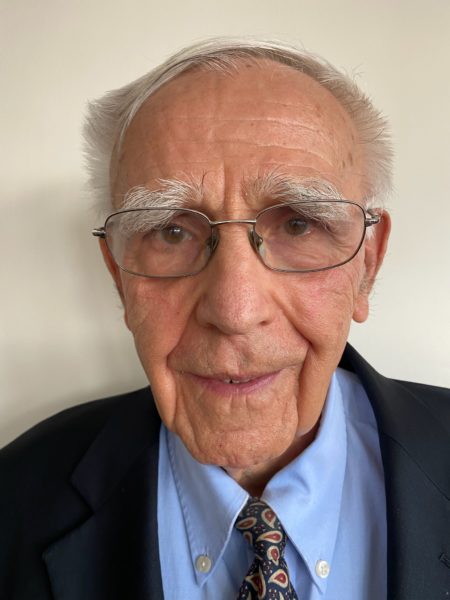Informed Viewpoints On Human Aging: Can Aging be Modified?

I read the daily obituaries in NYT and see something interesting more and more frequently – more and more obituaries have number 100 attached to their names. Indeed, centenarians are the fastest growing segment of US population. I just recently lost one of my oldest patients to Covid; her age was 105. I had operated on her almost 40 years ago; after surgery we communicated over the phone a few times every year. She was always in good spirits, no complaints. I told her that I was grooming her to be the longest living person on our planet. I also told her that my wife and I visited the home of the longest documented lifespan of any human. We joked that since the longest documented lifespan of 122 years and 164 days had been recorded by Mme. Jeanne Calment of Arles, France, who died in 1997, my patient should live to at least to 123. My patient was Italian American, and mostly ate a Mediterranean diet and drank one glass of red wine a day with dinner.
In 2021 there were 573,000 centenarians in the world, 97,000 in the US. The highest percentage of centenarians are in Japan. Women live longer than men, and most centenarians are women. People in big cities live longer than people in rural areas. In the US the highest percentage of centenarians is in New York City. Why? Multiple reasons: people in big cities drive less and move more, they are exposed to less pesticides, and many other factors.
Now, when I speak to my patients, especially the older ones, I ask if they would like to live to be eighty, ninety, one hundred or even beyond. Most of them say yes, they would like to live to be very old but not as a burden to themselves or their family. Yes, they would like to have longevity be free of multiple age-related diseases like Alzheimer, Cancer, Diabetes, and Cardiovascular Disease. They would like compression of morbidity without multiple medications for chronic diseases and years spent in nursing homes. They are especially concerned about Alzheimer and general cognitive decline, mostly just waiting in a nursing home to pass away, no longer even recognizing their family members.

Brooklyn Boro
View MoreNew York City’s most populous borough, Brooklyn, is home to nearly 2.6 million residents. If Brooklyn were an independent city it would be the fourth largest city in the United States. While Brooklyn has become the epitome of ‘cool and hip’ in recent years, for those that were born here, raised families here and improved communities over the years, Brooklyn has never been ‘uncool’.